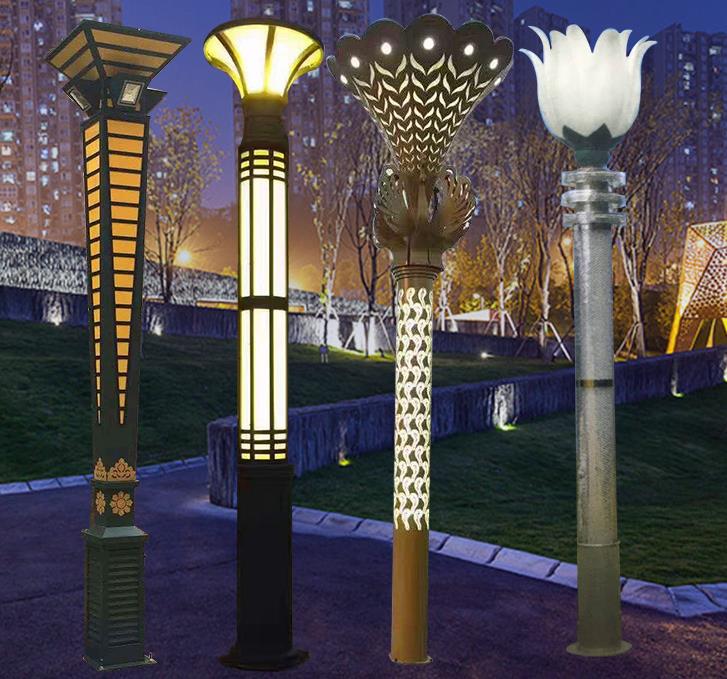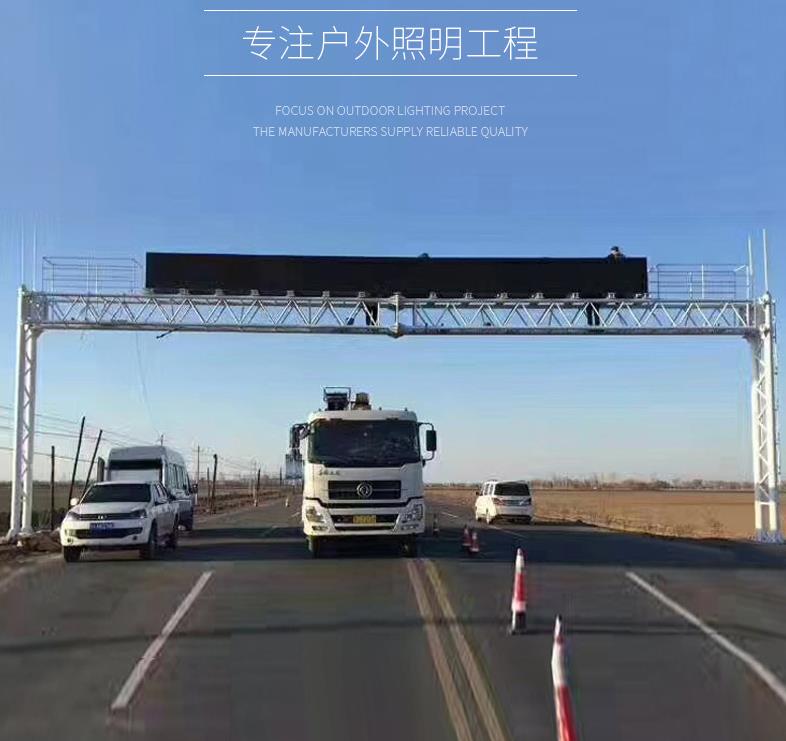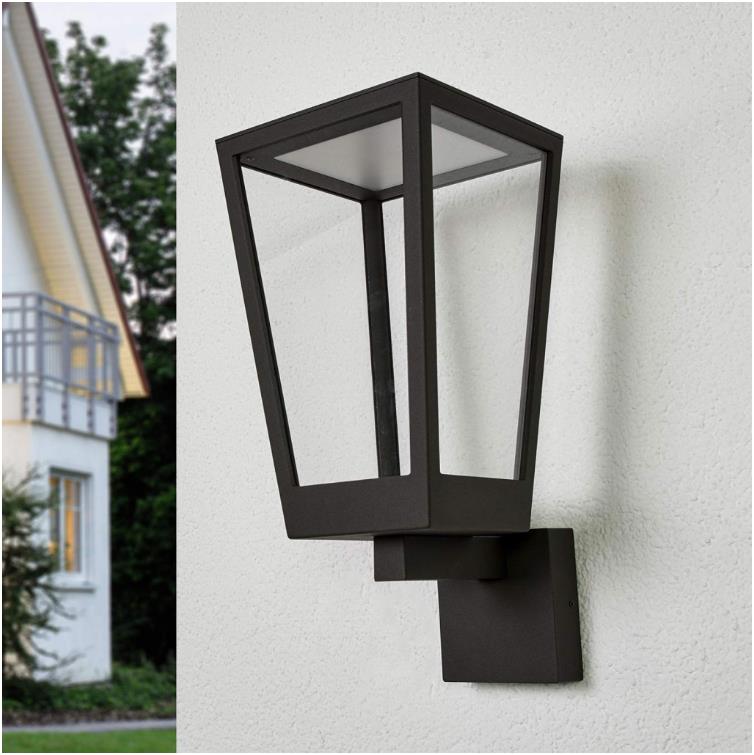Berita
-
HOME
-
ABOUT US
-
CONTACT US
-
NEWS
-
VIDEO
-
PRODUCTS
-
Cahaya matahari
-
Cahaya Aluminum Lempar
-
LED Smart Street Light
-
Cahaya Taman Dekorasi
-
Cahaya Dinding
-
Pillar Light
-
Various outdoor lamps
-
Smart street lamp
-
European courtyard lamp
-
European outdoor wall lamp
-
Modern landscape lamp
-
Road lights and poles
-
Solar outdoor lamp
-
Floodlights
-
Lighting engineering project
Energy saving solution for electric efficiency management of urban street lamps
Low efficiency, high energy consumption, light pollution, etc
2. Analysis of electric symptoms of urban street lamps
(1) . operation waste - poor power supply quality
(2) . line waste --- large line loss
(3) Indirect waste --- extensive management
3. Energy saving solution for integrated electric efficiency management of street lighting
Through the integrated power efficiency management mode, the system power-saving transformation is implemented for the urban street lamp lighting power system, which significantly reduces the electricity cost of street lamp lighting.
Implementation steps of street lamp integrated power efficiency management energy saving solution
(1) . energy saving information consultation;
Provide street lamp energy-saving information consulting services for street lamp lighting units free of charge, including the development of street lamp energy-saving technology, economic analysis of street lamp energy-saving technology transformation, consultation of energy-saving related technologies, etc.
(2) Energy efficiency audit;
Monitor the power consumption of street lighting in the whole process, comprehensively test or understand the quality of transformers, lines and power grids in the power supply system, and audit and budget the energy-saving space of street lighting.
(3) . energy saving transformation scheme design;
After technical exchange and data analysis, an economic energy-saving transformation scheme is designed for users according to the power consumption of street lamps, including street lamp lighting energy efficiency, energy-saving space calculation, effective energy-saving measures, energy-saving product customization, project implementation plan, energy-saving benefit analysis and return on investment.
(4) Formulate investment plan;
According to the specific situation, formulate a variety of energy-saving engineering project implementation plans for the user units to choose (such as one-time comprehensive transformation or phased and batch transformation), and determine the energy-saving project investment scheme.
(5) . equipment selection or customization;
There are conventional products, but also customized according to users' different needs for street lamp control, function and management. The main technical ways to realize street lamp energy saving include the following:
(1) Street lamp wireless monitoring system
The lighting monitoring system is composed of microcomputer network system in the central dispatching room, wireless communication system and intelligent terminal of street lamp switch box on site. With high intelligence, complex system installation and large investment scale, it is not suitable for large-scale promotion at this stage.
(2) Thyristor voltage regulation and energy saving
Thyristor is a traditional power electronic device, which was applied to street lamp energy saving in the early 1990s. The principle of using thyristor AC voltage regulation technology is to use thyristor to make the AC voltage pass or turn off intermittently in a cycle at the street lamp distribution cabinet or box transformer to achieve the purpose of reducing the voltage, but its disadvantage is that thyristor AC voltage regulation will produce high-order harmonics and line oscillation, reduce the service life of the bulb, and generate power pollution if it is a public transformer. Therefore, this technology has been proved not to be an ideal energy-saving way and is rarely used.
(3) Single lamp energy saving control
The single lamp power-saving control system adopts choke technology to achieve power-saving effect. Its control principle is as follows: after the equipment is powered on, the street lamp equipment is controlled at full power state through the NC receiving module controller of the single lamp power-saving control system, and then the lighting power and illuminance of the street lamp are automatically adjusted according to the time according to the preset program. This method has a large investment of 200 ~ 400 yuan / lamp, and needs to build a centralized monitoring system for unified control. It has poor reliability, high failure rate and troublesome installation and maintenance. At present, it is rarely used in China.
(4) Step down electromagnetic energy saving
The input voltage of the power supply system is optimized by electromagnetic induction, and the AC-AC direct conversion technology is used to adjust the voltage. The voltage transmitted to the lighting load is the most appropriate value, so as to achieve the dual purpose of saving power and ensuring the requirements of lighting standards. It can soft start street lamps, automatically reduce voltage in different periods, and automatically bypass faults. It has no pollution to the power grid, less investment, fast recovery, convenient installation and relatively high power saving rate. It is the most used street lamp energy-saving method in China and is most welcomed by the contract energy management and energy-saving service company.
(5) Contactless voltage stabilization and energy saving
It is an energy-saving technology with high domestic technical level. Each phase adopts multi tap autotransformer and step-up transformer as the main devices, uses thyristor as the switching element, and each phase is independently controlled. The voltage can rise and fall, contactless voltage stabilization, high voltage stabilization accuracy, high safety and reliability. It can quickly and automatically compensate the overvoltage or undervoltage of the power grid and provide stable sine wave voltage for the load. Rated voltage, power-saving voltage level and ramp type step-up and step-down are all completed instantly within about 0.1s. Therefore, lighting equipment will not extinguish arc due to sudden low voltage or burn out due to high voltage. Without any interference to the power grid, it can also improve the power factor of specific load and reduce reactive power loss; Its soft start function, voltage stabilizing level and voltage reduction function of slow slope mode increase the protection effect on the lighting system. It is mainly used in places with extremely poor lighting conditions or high lighting requirements. At present, it is the preferred product of the Design Institute in terms of tunnel lighting energy saving and new road lighting energy saving. The investment is relatively high, the power saving rate is high, and the return on investment is high.
(6) High power LED light source street lamp
As a street lamp, LED has high luminous efficiency and low reflection loss. At present, the luminous efficiency of white LED is about 80lm / W, which can save 50% ~ 60% electricity compared with traditional high-pressure sodium lamp; High safety without high voltage; Easy installation and maintenance; Module installation without redundant wiring; No light pollution or waste; Long service life means no frequent replacement and low maintenance cost. It is much better than high-pressure sodium lamp in laying cost, power consumption cost and service life. However, the lighting angle is small and uneven, the color rendering index is low, and the optical and heat dissipation design is complex. The luminous flux under the current technology is not enough, the luminous efficiency is too low, and the quality is difficult to guarantee. In addition, the price of LED street lamps is too high. At present, according to different power and installation height, the price is 3000 ~ 5000 yuan / piece, which is difficult to popularize and apply in a large area.
(7) High frequency electrodeless street lamp
The electrodeless lamp consists of a high-frequency generator, a coupler and a bulb. Its working principle is: the high-frequency electromagnetic field energy is inductively coupled to the bulb, so that the gas in the bulb is broken down to form a plasma. When the plasma excited atom returns to the ground state, it radiates 254 nm ultraviolet light, and the phosphor in the bulb is excited by ultraviolet light to emit visible light. The service life is more than 60000 hours, 60 times that of incandescent lamps, 12 times that of energy-saving lamps and 4 times that of high-pressure sodium lamps. It can work normally when the voltage is 185v-255v. High luminous efficiency, up to more than 60lm / W. It saves more than 70% energy than incandescent lamps and more than 50% energy than high-pressure mercury lamps, high-pressure sodium lamps and metal halide lamps, with extremely low operation and maintenance costs. At present, it is used in the new road lighting in many cities. High return on investment, long service life and obvious economic benefits.
(8) Wind solar complementary energy-saving street lamp
The wind solar complementary street lamp system is mainly composed of wind turbine generator, solar cell pack, controller, battery and light source. Solar light and wind power resources can be used for power generation during the day and wind turbines can be used for power generation at night, which makes up for the singleness of wind power supply or solar power supply, and makes the power supply system more stable and reliable. During operation, the load is discharged through the battery to provide power for the load. The street lamp switch does not need manual operation, and the intelligent time controller automatically senses the sky brightness for control. Wind solar complementary street lamps do not need transmission lines, do not consume electric energy, and have obvious economic benefits. The main problem is that the technology is not mature enough, the investment is large, the investment payback period is long, and there are few applications at present.
(6) . construction scheme design;
Street lamp energy-saving equipment has strict requirements for construction and installation. Before the construction of energy-saving projects, the street lamp lighting site will be understood and calculated in detail, and a scientific and rigorous energy-saving project construction scheme will be designed, including construction time, construction progress, project division, installation location, installation technology, protection requirements, auxiliary material specifications, etc, To ensure the best effect of energy-saving project implementation.
(7) Construction, installation and commissioning;
The on-site construction shall be carried out in strict accordance with the requirements of the construction scheme of energy-saving project, and the system commissioning and trial operation shall be carried out after the construction is completed.
(8) Operation improvement, maintenance and maintenance;
After the construction of the energy-saving project, always understand the operation of the energy-saving system, timely improve or adjust the operation of the energy-saving system, regularly maintain and maintain the energy-saving system, and provide users with full after-sales service support to ensure that the enterprise can reap relatively stable and long-term benefits. Establish special customer files, technical personnel make irregular return visits, review the power saving effect, upgrade the function of energy-saving equipment, lectures or training on energy-saving knowledge of street lighting, etc.
4. Energy saving and benefit evaluation
After the implementation of the energy conservation project, because the street lamp operation load and time are relatively stable, recording electricity consumption in the same time period, the direct electricity saving benefits can be calculated. At the same time, because the implementation of energy saving projects can prolong the service life of bulbs and reduce the replacement cost of bulbs, the comprehensive income of energy saving projects will be more obvious.








